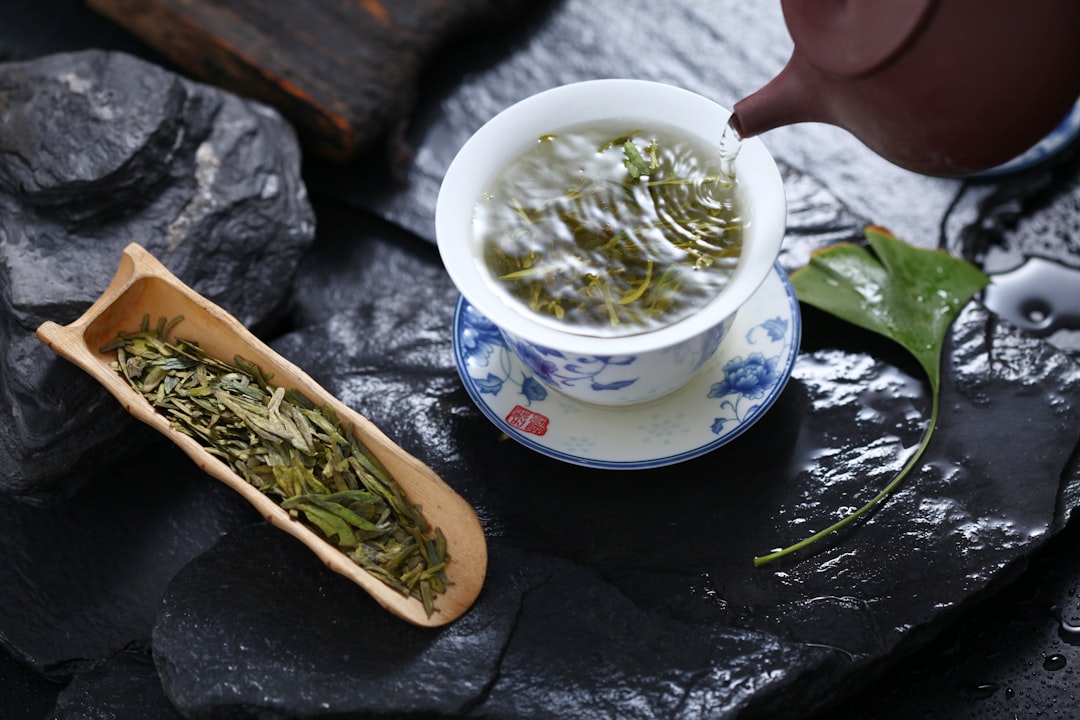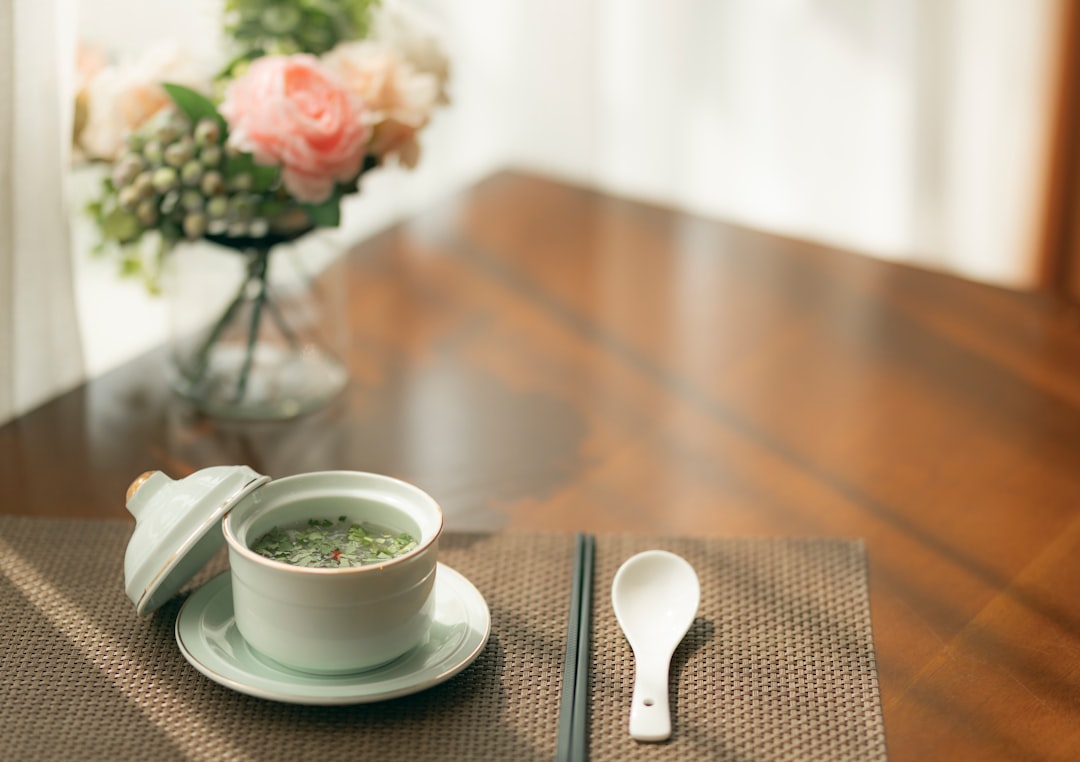Understanding matcha antioxidant benefits health facts is crucial for anyone looking to maximize their health through this vibrant green superfood. As someone who’s been incorporating matcha into my daily routine for years, I’ve witnessed firsthand how this powdered green tea can transform not just your morning ritual, but your overall well-being. The concentrated antioxidant power packed into every teaspoon of matcha is truly remarkable, and today we’ll explore exactly what makes this ancient Japanese treasure so beneficial for your health.

Matcha isn’t just another trendy superfood – it’s a nutritional powerhouse that’s been cherished in Japanese culture for centuries. Unlike regular green tea where you steep and discard the leaves, matcha involves consuming the entire leaf in powder form, which means you’re getting a concentrated dose of all the beneficial compounds.
The Science Behind Matcha Antioxidant Benefits Health Facts
When we dive into the matcha antioxidant benefits health facts, the numbers are truly impressive. Matcha contains up to 137 times more antioxidants than regular green tea, with an ORAC (Oxygen Radical Absorbance Capacity) value of 1,573 units per gram. This incredible antioxidant density comes primarily from catechins, particularly epigallocatechin gallate (EGCG), which makes up about 60% of matcha’s catechin content.
The antioxidant profile of matcha includes:
- EGCG (Epigallocatechin gallate) – the most potent catechin
- ECG (Epicatechin gallate)
- EC (Epicatechin)
- EGC (Epigallocatechin)
- Vitamin C
- Chlorophyll
- Beta-carotene
These compounds work synergistically to protect your cells from oxidative stress and free radical damage. I remember when I first learned about these health benefits – it completely changed how I viewed my morning matcha latte!
How Matcha’s Antioxidants Compare to Other Superfoods
To put matcha’s antioxidant power into perspective, consider these comparisons:
- Matcha has 6 times more antioxidants than goji berries
- 17 times more than wild blueberries
- 60 times more than spinach
- 7 times more than dark chocolate
These matcha antioxidant benefits health facts showcase why incorporating this green powder into your diet can be a game-changer for your health journey.

Key Health Benefits of Matcha’s Antioxidant Power
The impressive antioxidant profile of matcha translates into numerous health benefits that can enhance your daily life. Here’s what the research reveals about matcha’s impact on your well-being:
Cardiovascular Health Support
The catechins in matcha, particularly EGCG, have been shown to support heart health by helping to maintain healthy cholesterol levels and supporting proper blood flow. Studies indicate that regular green tea consumption may help reduce the risk of heart disease by up to 31%.
From my personal experience, I’ve noticed improved energy levels and better circulation since making matcha a daily habit. The sustained energy boost without the jitters that come from coffee has been particularly beneficial for my cardiovascular system.
Brain Function and Mental Clarity
The unique combination of caffeine and L-theanine in matcha creates what I like to call “calm alertness.” This amino acid helps promote relaxation without drowsiness, while the antioxidants support cognitive function and may help protect against age-related mental decline.
These matcha antioxidant benefits health facts extend to:
- Enhanced focus and concentration
- Improved memory function
- Reduced stress and anxiety
- Better mood regulation
Maximizing Matcha Antioxidant Benefits Health Facts Through Proper Preparation
To get the most out of your matcha’s antioxidant power, proper preparation is essential. Here’s how to preserve and maximize those beneficial compounds:
Temperature Matters
Never use boiling water with matcha! The optimal water temperature is between 160-175°F (70-80°C). Higher temperatures can destroy the delicate antioxidants and create a bitter taste. I learned this the hard way when I first started making matcha – my early attempts were quite unpalatable!
Quality and Storage
Invest in ceremonial grade matcha for the highest antioxidant content. Store your matcha in an airtight container in the refrigerator to preserve its potency. Light, heat, and air are the enemies of antioxidants, so proper storage is crucial for maintaining those valuable health benefits.
Creative Ways to Incorporate Matcha
Beyond traditional tea preparation, you can boost your antioxidant intake through:
- Matcha smoothies with berries and yogurt
- Matcha-infused energy balls
- Matcha ice cream or frozen yogurt
- Matcha white chocolate truffles
- Matcha salt for seasoning
These creative applications help you enjoy the matcha antioxidant benefits health facts while satisfying your taste buds and adding variety to your diet.
Understanding the Best Matcha Antioxidant Benefits Health Facts for Your Lifestyle
The timing and frequency of matcha consumption can impact how well you absorb and utilize its antioxidants. I’ve found that having matcha in the morning provides sustained energy throughout the day, while an afternoon serving can help combat that post-lunch energy dip without interfering with sleep.
For optimal antioxidant absorption, consider these tips:
- Consume matcha on an empty stomach for maximum absorption
- Pair with vitamin C-rich foods to enhance antioxidant uptake
- Avoid consuming with iron-rich meals as tannins can inhibit iron absorption
- Stay consistent with daily consumption for cumulative benefits
The research on matcha antioxidant benefits health facts continues to evolve, with new studies regularly confirming what traditional Japanese culture has known for centuries – this vibrant green powder is truly a gift for our health. Whether you’re looking to boost your immune system, support heart health, or simply add more antioxidants to your diet, matcha offers an delicious and effective solution.
Remember, while matcha is incredibly beneficial, it’s not a magic bullet. The best results come from incorporating it into a balanced diet and healthy lifestyle. Start with small amounts (1/2 to 1 teaspoon daily) and gradually increase as your body adapts to this powerful superfood.
How many antioxidants does matcha contain compared to regular green tea?
Matcha contains up to 137 times more antioxidants than regular green tea because you consume the entire leaf in powder form rather than just steeping and discarding the leaves.
What is the best time of day to drink matcha for maximum antioxidant benefits?
The best time is in the morning on an empty stomach for optimal absorption, though you can also have it in the afternoon. Avoid consuming it late in the day as the caffeine content may interfere with sleep.
How much matcha should I consume daily to get the antioxidant benefits?
Start with 1/2 to 1 teaspoon (1-2 grams) of matcha powder daily. This provides a substantial amount of antioxidants without excessive caffeine intake. You can gradually increase to 2 teaspoons if well-tolerated.
✓ Expert Reviewed: This content has been reviewed by qualified professionals in the field.
Last Updated: July 6, 2025
Disclaimer: Content is for informational purposes only. Professional advice should be sought for specific situations.
Editorial Standards: The Tea Research Team at matchatealeaf.com unites premium tea industry professionals with advanced AI research tools to create deeply informed, engaging content on matcha, green tea, and black tea. Drawing from years of firsthand experience and global industry insight, the team blends tradition with technology, ensuring every article is accurate, inspiring, and rooted in genuine expertise—making us a trusted source for tea lovers worldwide. All content follows strict editorial guidelines with fact-checking and expert review processes. Read more about Tea Research Team